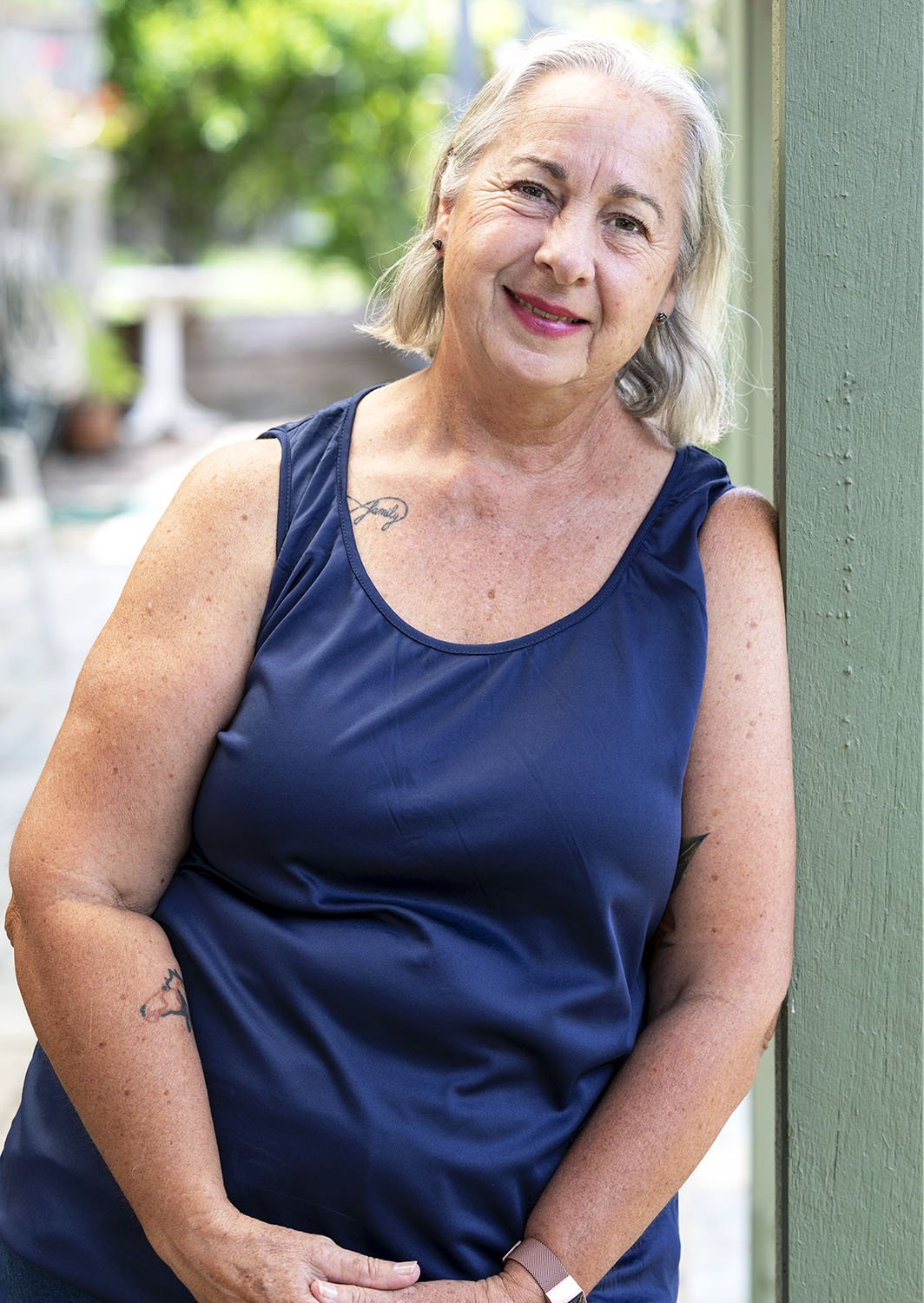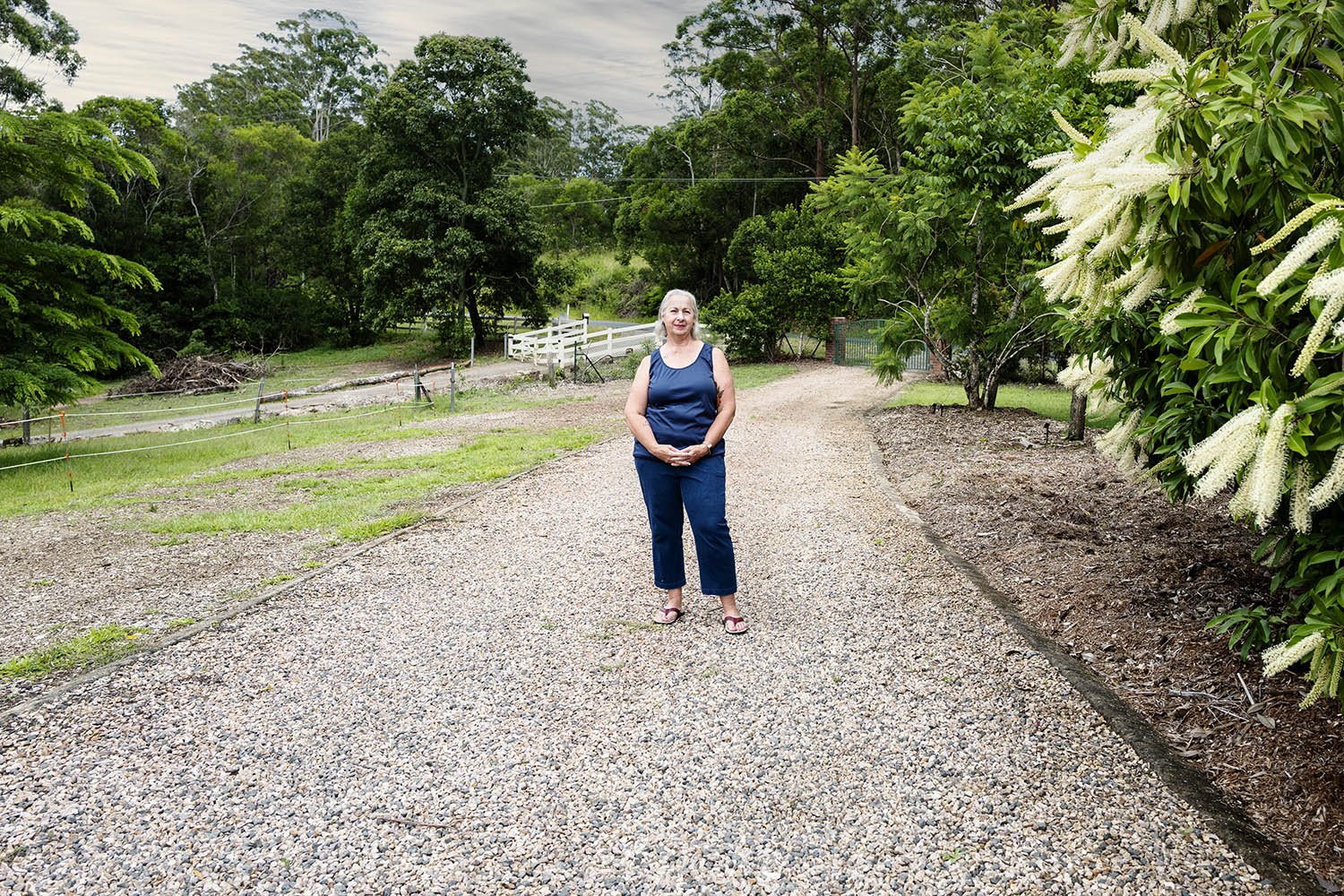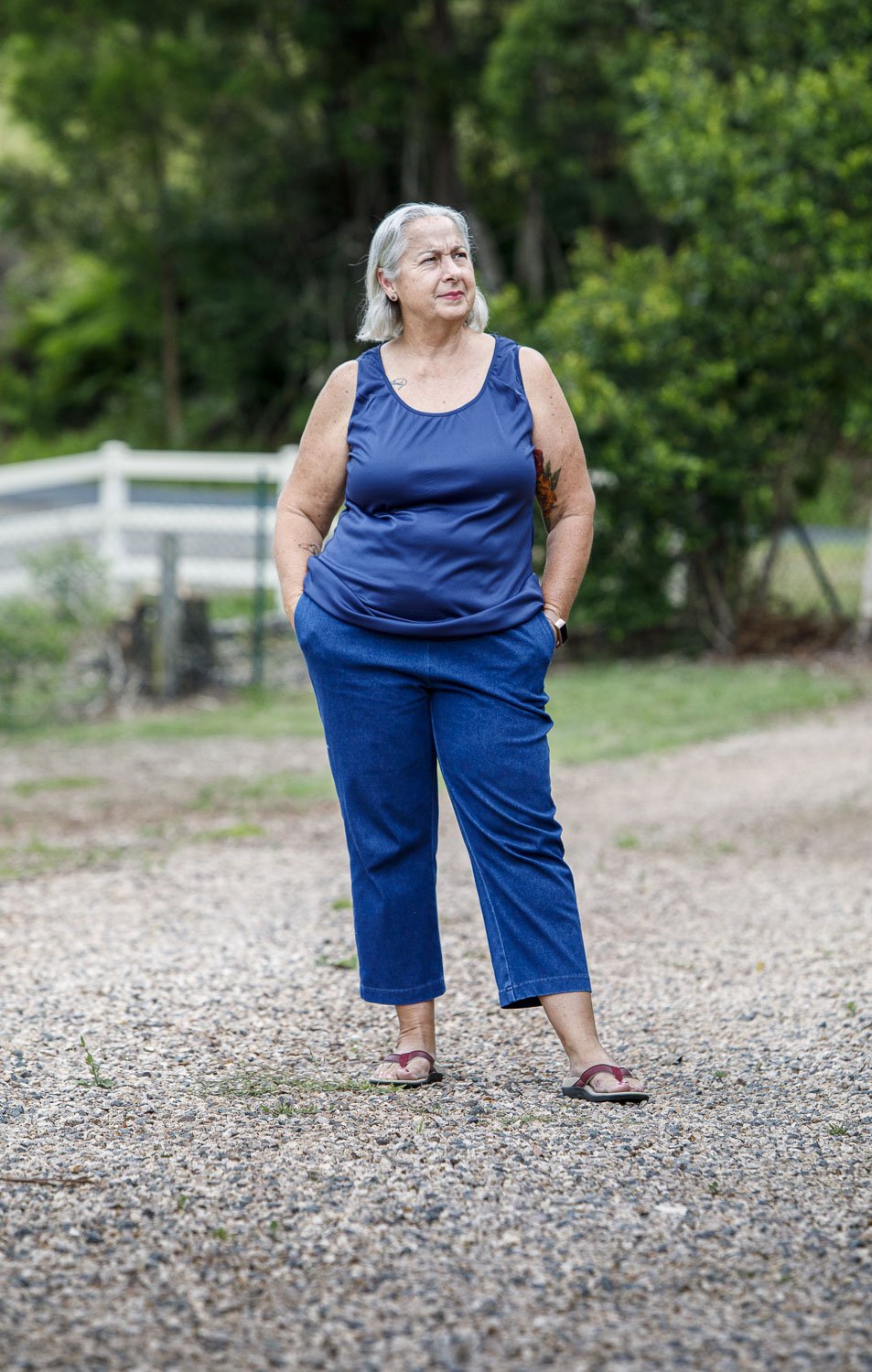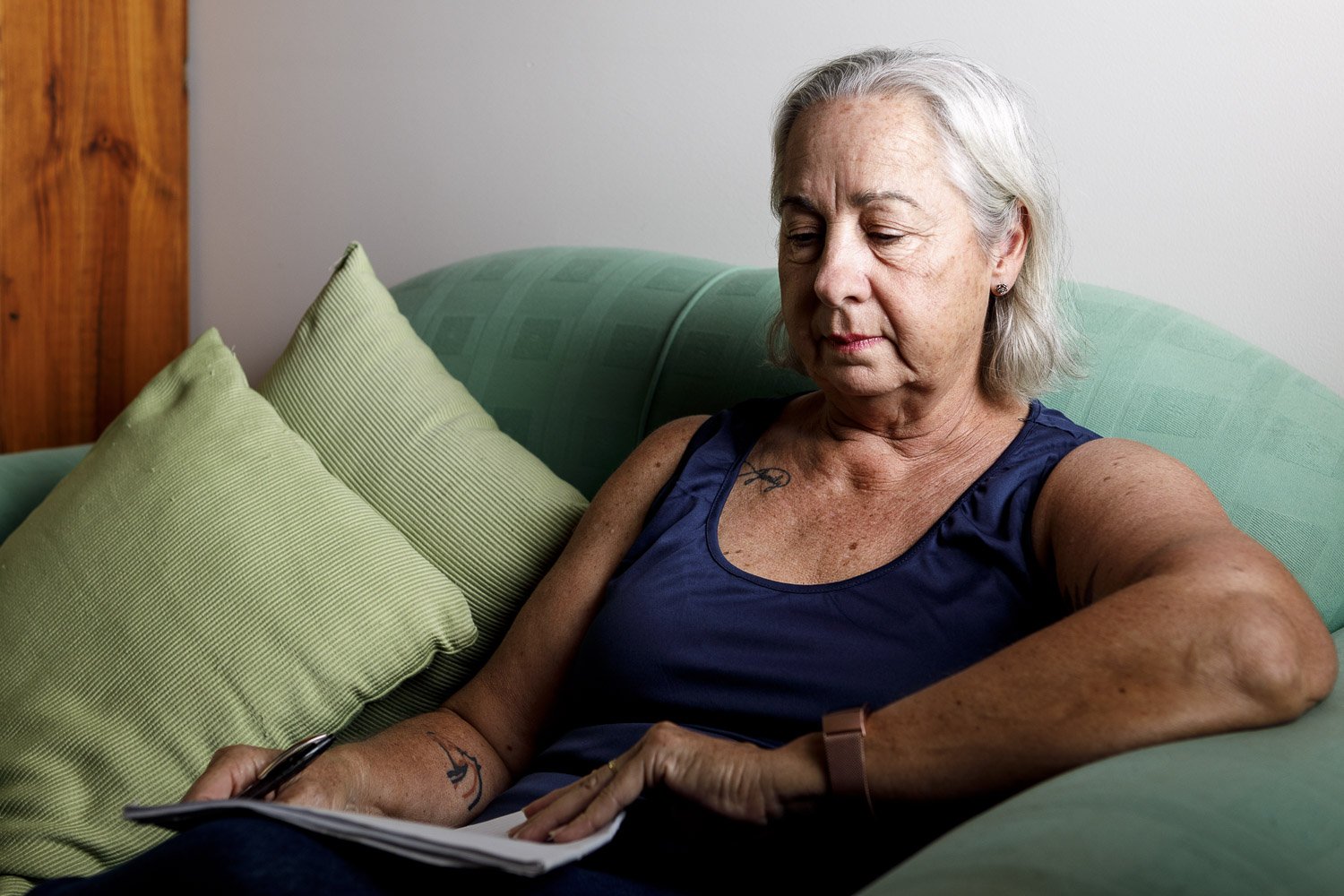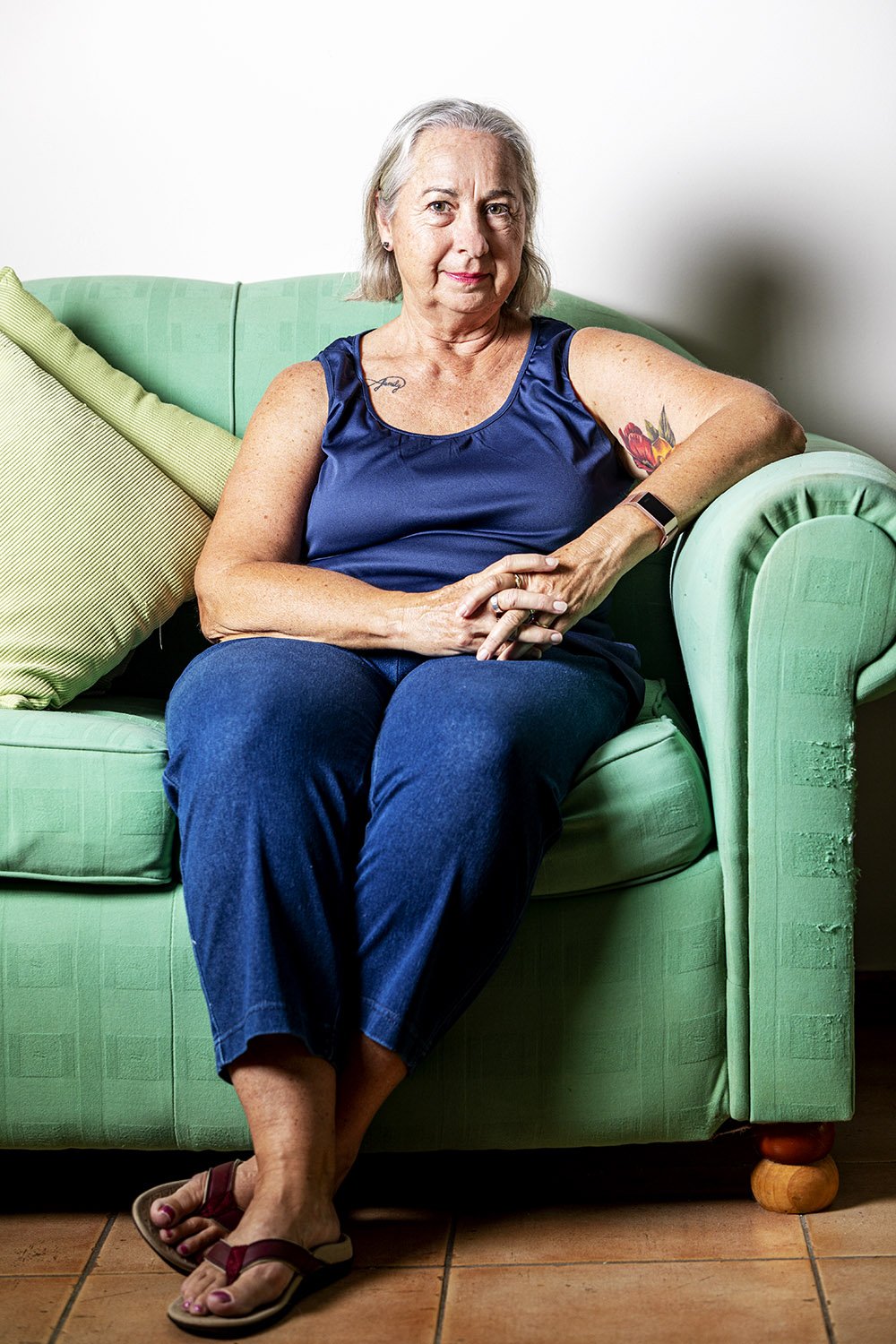Jennifer Crane
Army, Author
Horses have always been part of Jennifer’s life. Growing up on a rural property on the outskirts of Sydney, she continued riding right into adulthood. Enlisting in 1979, even her military postings to Singleton and Puckapunyal acknowledged her love of the country way of life.
“It was the post-Vietnam War era and there were few deployments. There were a lot of changes in policy. It felt like they didn’t really know what to do with women in the services. Things have improved, but there are still areas that need to be looked at.”
When Jennifer left the army, writing became an important part of her life.
“When my horse contracted the Hendra virus and died, I wanted people to know how dangerous this virus was. The impact on my family was huge. I had two young daughters and I was handling a horse with a deadly disease that transferred from bats to horses to humans. What would happen to my girls if I contracted the virus?” she says.
Jennifer’s book, Spillover: A Memoir, was published in 2008, when fatal cases of the virus were still active in Queensland. She later published two fiction novels in the Opal Dreaming series for a younger audience, wanting the books to be instructional about training and handling horses in a way her audience could relate to. She also wrote short stories for this audience.
“I remember devouring any, and all, horse books when I was a child and I wanted to write something that would make a reader say, ‘So that’s how you do that!’”
To learn more about her craft, Jennifer completed a Masters degree in Creative Writing. She loved her studies and chose to base her dissertation on short stories.
“Award-winning writing is very subjective, and sometimes I still don’t get it! The short story genre always appealed to me in particular as it has to be really precise and there’s more discipline involved. I really like the one I’m working on at the moment. In a novel, I tend to lose track of the characters and what they’re doing as the story develops,” she laughs.
Jennifer’s life and writing never ventured far from her military experiences. Together with fellow-veteran Melanie Hill, they produced an anthology, Our Spirit.
“It’s not a historical book, but rather a collection of stories, essays, poems, letters, emails, photos and artwork by Australian service women who served from 1960 to today as a creative representation of their service and offering a valuable insight into their personal experiences.”
In the latter part of her career, Jennifer volunteered her time conducting creative writing workshops for veterans with Mates4Mates and other ex-service organisations.
“When I started, the walls were often up with the veterans. They had doubts and expressed, ‘Why are we here? How can this help?’ or ‘I can’t write. I’ve never been able to write.’ I’d give them a few words and exercises and hints and off they’d go. By the end, they were so enthusiastic. One veteran wanted to know how he could use words to express himself and how he was feeling. He showed his family and indicated their relationship had started to improve,” she recalls.
“It was about the process - both for them and for me. My writing always looks to the process rather than the product, as the greater issue. Although, herein lies some of the tension, as this may be difficult to define and measure except, as my poem Analyse Me suggests, by the participants themselves.”
Analyse Me ¹ by Jennifer Crane
You want to analyse me?
go ahead
you can
measure the chemicals that flow through me
and test for the sweat on my palms
detect the rapid movement my eyes make
and note the tone and intent of my voice
interpret the language of my posture
and assess the rise and fall of my pulse
but
only I know
the feel of those chemicals coursing through me
and when my palms are wet or dry
what my eyes still see awake or asleep
and the way my body shapes as it does
the pain in the surge and ebb of my blood
and how my voice struggles for control
You can
dismiss the matter of my gender
and rate me on a sliding numerical scale
classify me in clinical terms
and tick the box into which I best fit
presume from where it has come
and then prescribe the drugs I need to be fixed
but
only I
feel the words I write yet cannot speak
and see the memories as the colours I paint
live my past in the movements of dances I dance
and touch strength through the sculptures I create
inhabit the characters in the plays I perform
and breathe the sound of the tunes I compose
Your analysis is yours
but
allow me these my measures
for the stories they tell are mine alone. ²
1. Analyse Me by Jennifer Crane Qualitative Research in Psychology Vol 15 2018 Issue 2-3 pages 260-266
2. The poem, Analyse Me, evolved from my desire to understand where and how the creative fitted into the scheme of military veteran mental health treatments in Australia. In 2016, as an Australian Army veteran and a creative writer, I undertook to conduct craft of writing workshops for veterans. However, I found creative arts, in all modes, were not as widely incorporated into treatments and research as I thought. The poem is a creative response to my frustration and disbelief of the results of my research and is a representation of my findings conceptualised to be the clinical and externally measurable treatment modes at one extreme, contrasted against the less definable use of the imagination or the creative at the other. The poem highlights the broad expanse between these extremes. It underlines a view on the difference of gender in treatment and the divide between the detached, clinical analysis and the more personal, intuitive creative response. Analyse Me does not deny the use of one modality over, or to the exclusion, of the other but rather indicates they both have purpose and can be mutually supportive and beneficial.
